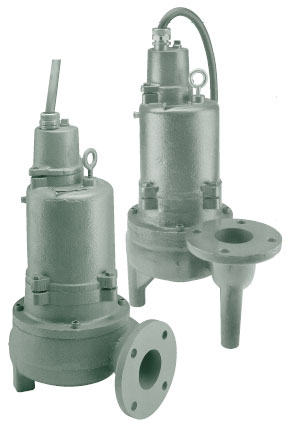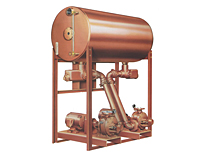In today’s fast-paced industries, it is important to maintain control over a wide variety of characteristics pertaining to the quality of the result. Web machinery requires proper attention be paid to mechanical tension. This is particularly a concern in a manufacturing world where speed and wider web width is becoming a common trend. With more material substrates in use, the demand is higher for anything that will improve the ability of a tension controller to perform with greater accuracy. This includes not only a load cell transducer but also a load cell amplifier.
What Do Load Cell Amplifiers Do?
In order to provide accurate and reliable information to a tension controller, the system needs to have some form of indicator or transducer. In some instances, however, the volt output of the load cell indicator is not sufficient for accurate measurement. This is a problem.
Accurate measurement is a key variable of regulating exacting tension for different zones. The load cells are the start of a process that will trigger the controller into ensuring the right tension prevails. Load cells convert the tension into electric signals. If they are too small for accurate measurement, production problems will prevail. To avoid this, companies install a load cell amplifier.
The Importance of a Load Cell Amplifier
The tension of web materials requires careful monitoring. Without the accurate measurement and tight control of mechanical tension, productivity and product quality would face a negative impact. The overall costs of web breaks and other failures can prove to be very costly. Tension controllers manage the tension but cannot do so accurately without the help of analog or digital converters. In turn, these cannot provide accurate information without the help of a load cell amplifier. When these components work together in harmony, the result is a smooth production line.


